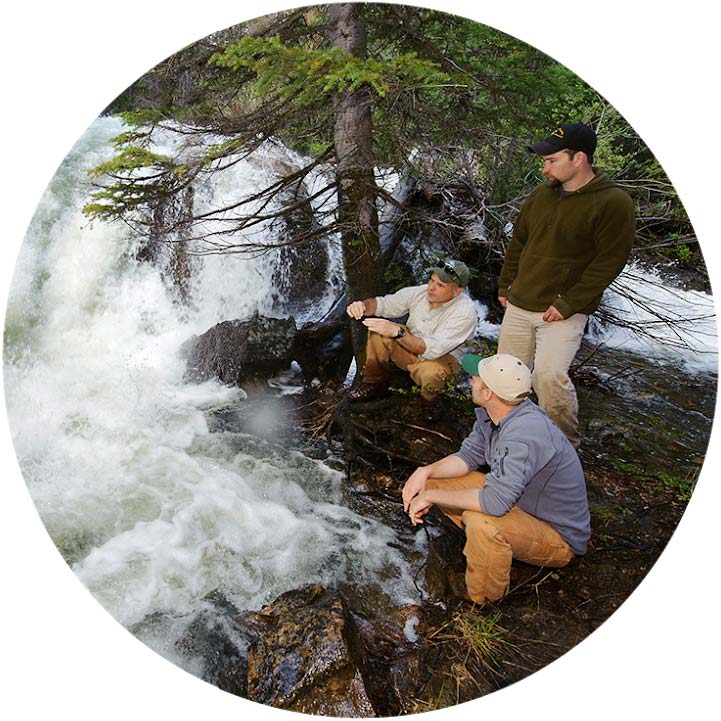

A graduate minor in Collaborative Practice (CP) will help you gain skills in designing, organizing, facilitating, and evaluating collaborative decision-making processes. You will take CP core classes focusing on negotiation, principles and methods in collaborative practice, and collaborative practicum. You will also choose elective courses focusing on process competency, natural resources, and education.
The graduate minor in CP emphasizes:
The graduate minor in CP requires 12 credit hours of coursework.

Focusing on negotiation, CP principles and methods, and collaborative practicum.
Choosing one elective course from process competency, natural resources, or education.
Our economy and our world are changing rapidly. Many of the jobs, career paths, and professional opportunities you could take after you graduate might not even exist yet! The Haub School will prepare you to be a nimble, creative, and critical thinker, building the skills, knowledge, and tools you can apply to wherever you want to forge a path in the future.
Solving the complex public policy problems we face today has come to exceed the capacity of any one sector – private, public or civic. Increasingly, people are working across sectors, jurisdictions, and diverse interests to make decisions and take actions together. Collaborative problem solving, consensus building, and multi-stakeholder dispute resolution were once considered interesting alternatives and last resorts when conventional approaches failed. Now, they are becoming standard management practices and are being integrated into the way we govern ourselves and our scarce resources, public services, and human capital. Collaboration is becoming the 21st century’s governance tool of choice and necessity.

People with skills in collaborative problem solving are finding jobs in government, nongovernmental organizations and the private sector in such careers as:
Community and Regional Planner, Forest Planner, Senior Mediator, Public Health Specialist, City Manager, Forest Ranger, Executive Director, Environmental Policy Analyst, Outreach Coordinator
Local, state, regional, and national governing bodies are practicing collaborative
governance more and more across the county. You can find examples of communities using
collaborative approaches in community development, energy, environment and natural
resources, health care, human services, telecommunications, and land use and transportation.
Employers include:
US Forest Service, The Meridian Institute, Bureau of Land Management, Kearns & West,
Inc., West Consulting, National Wildlife Federation, City of Laramie, Wyoming State
Engineers Office, The Nature Conservancy, Wyoming Game and Fish Department
Will Benkelman, graduate of both the Haub School's undergraduate and graduate programs, is currently a project associate for Peak Facilitation Group. Will works by going "into meetings, typically natural resources, collaboratives, working groups, stakeholder groups, or really anything relating to natural resources, facilitation, and collaboration," with the goal of supporting the lead facilitator.
Read the full interview with Will Benkelman

University of Wyoming
Bim Kendall House
804 E Fremont St
Laramie, WY 82072
Phone: (307) 766-5080
Fax: (307) 766-5099
Email: haub.school@uwyo.edu